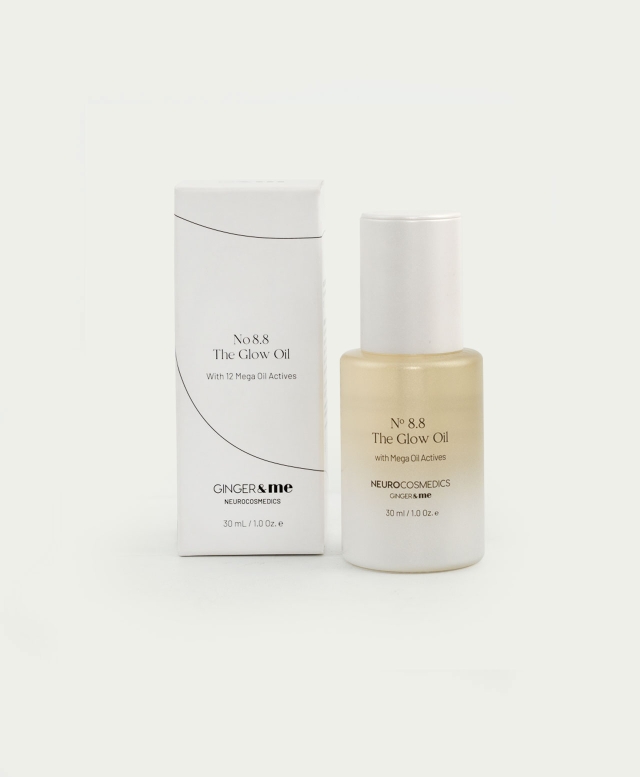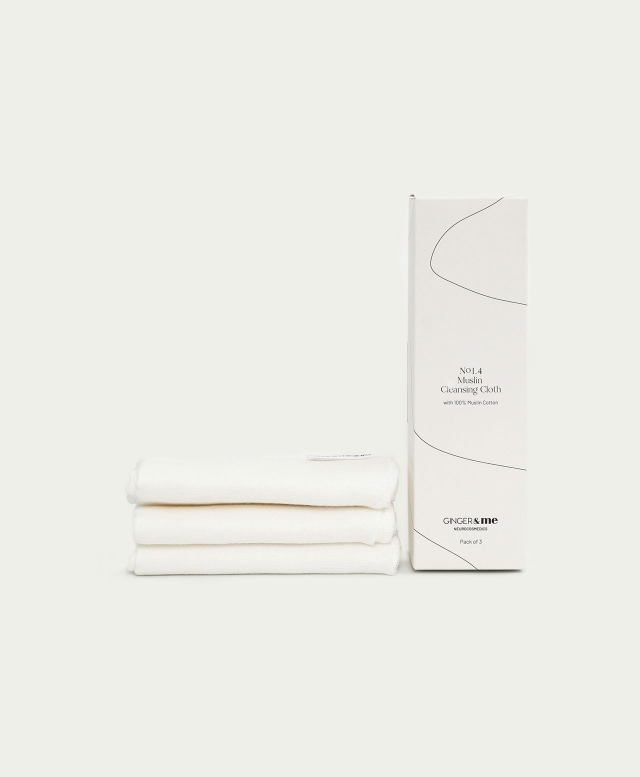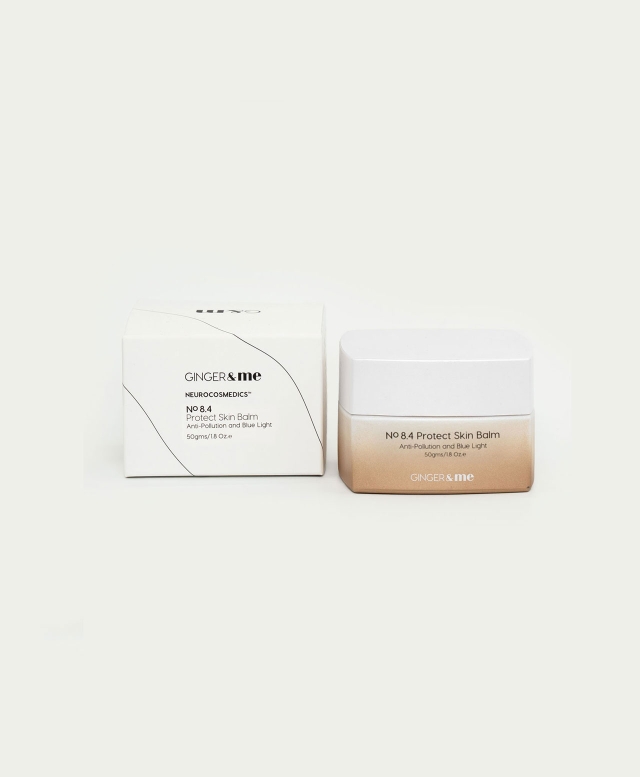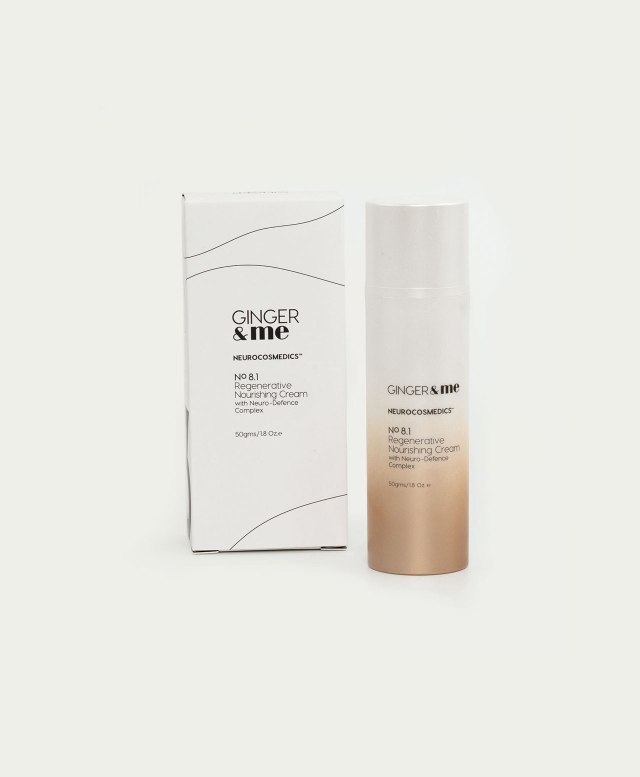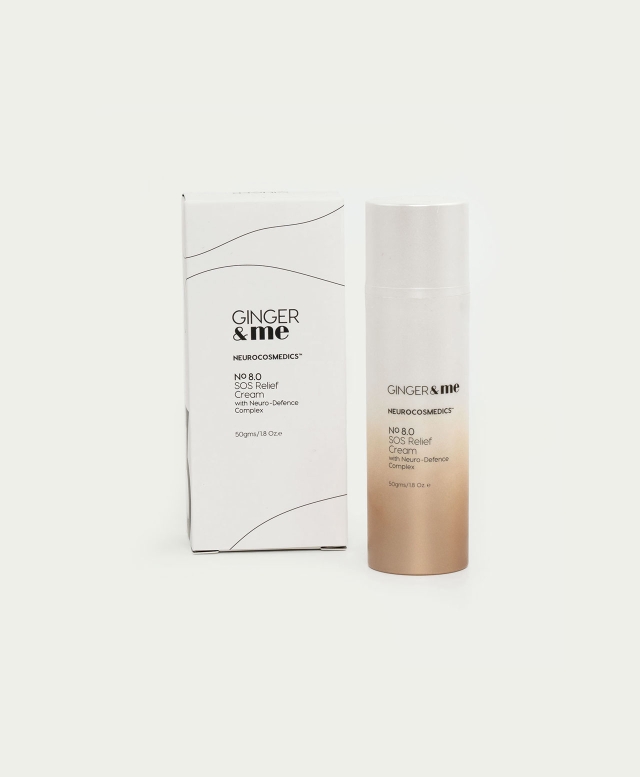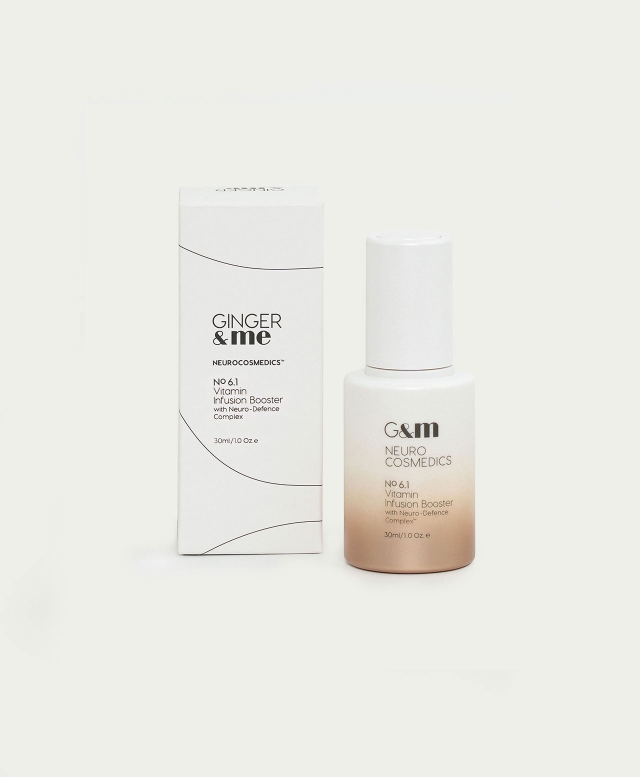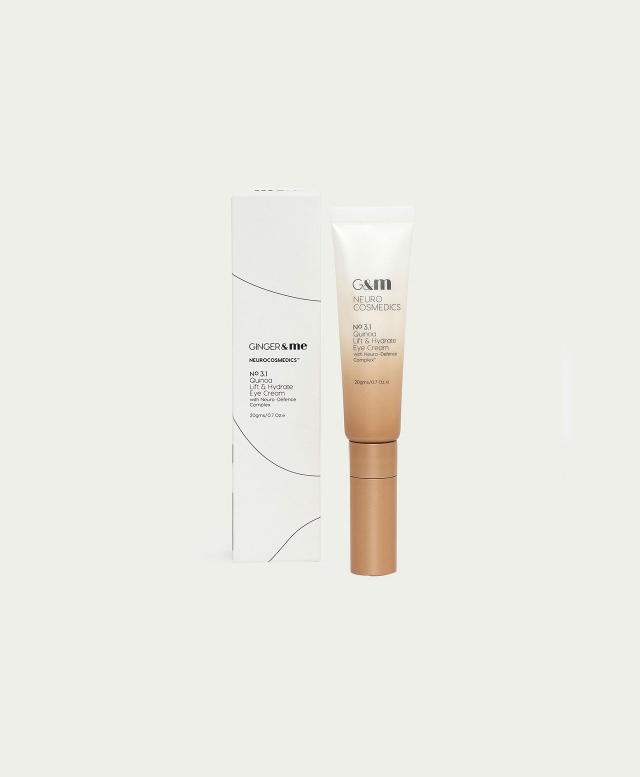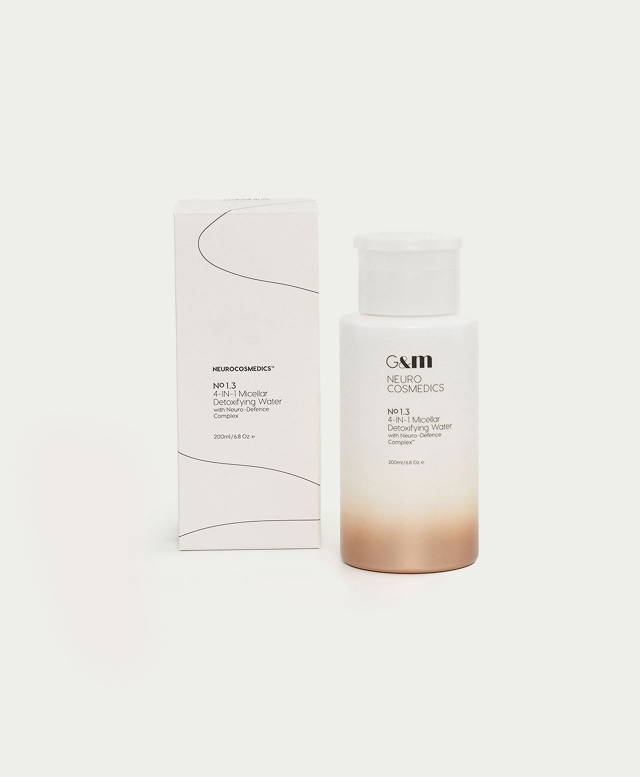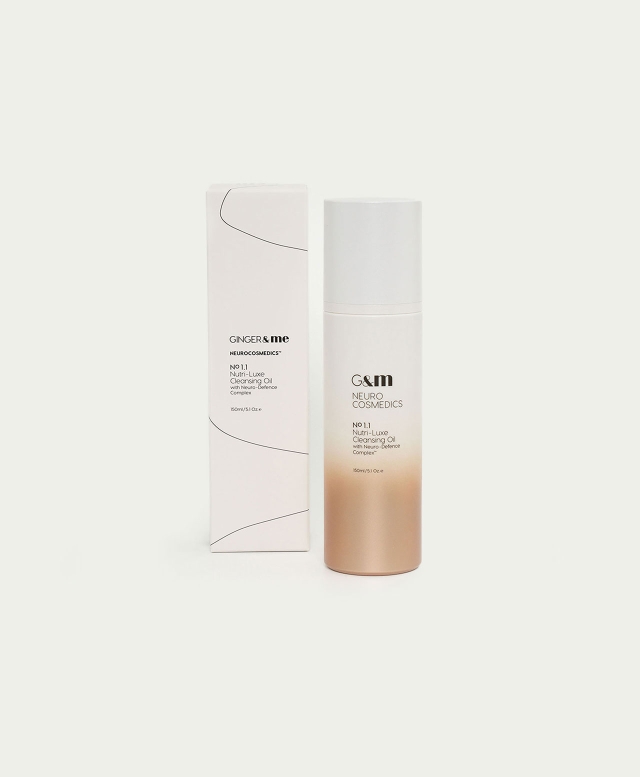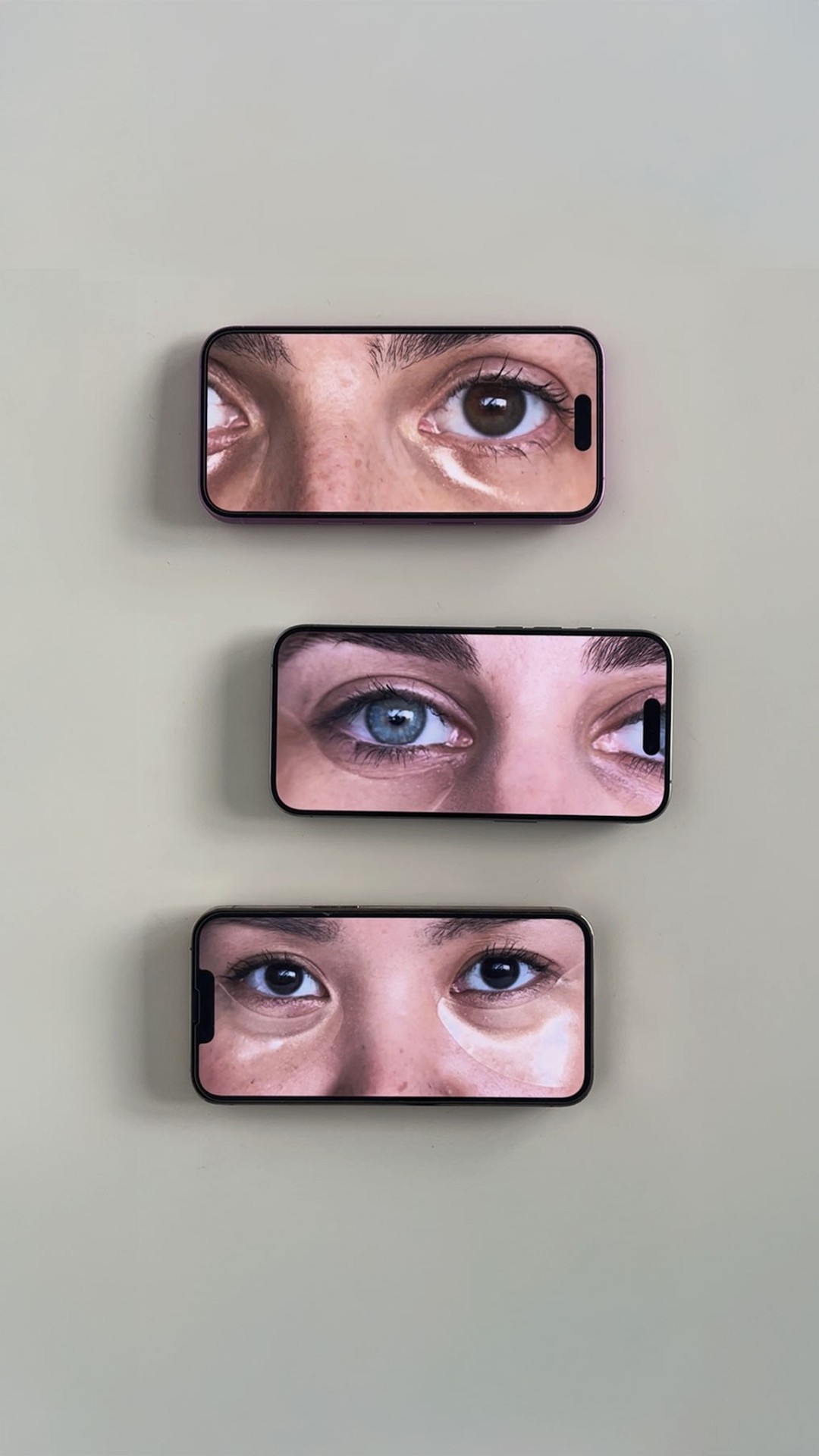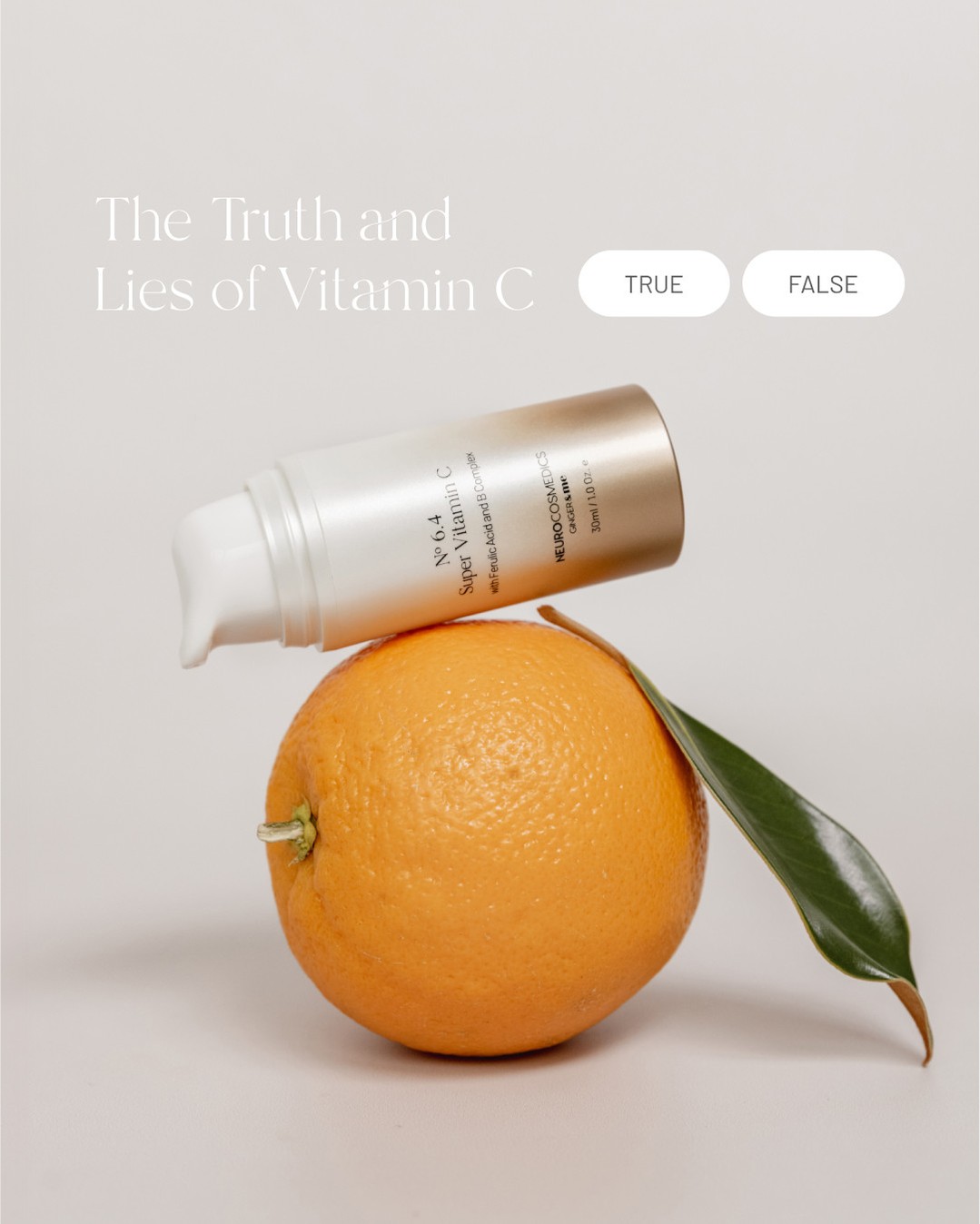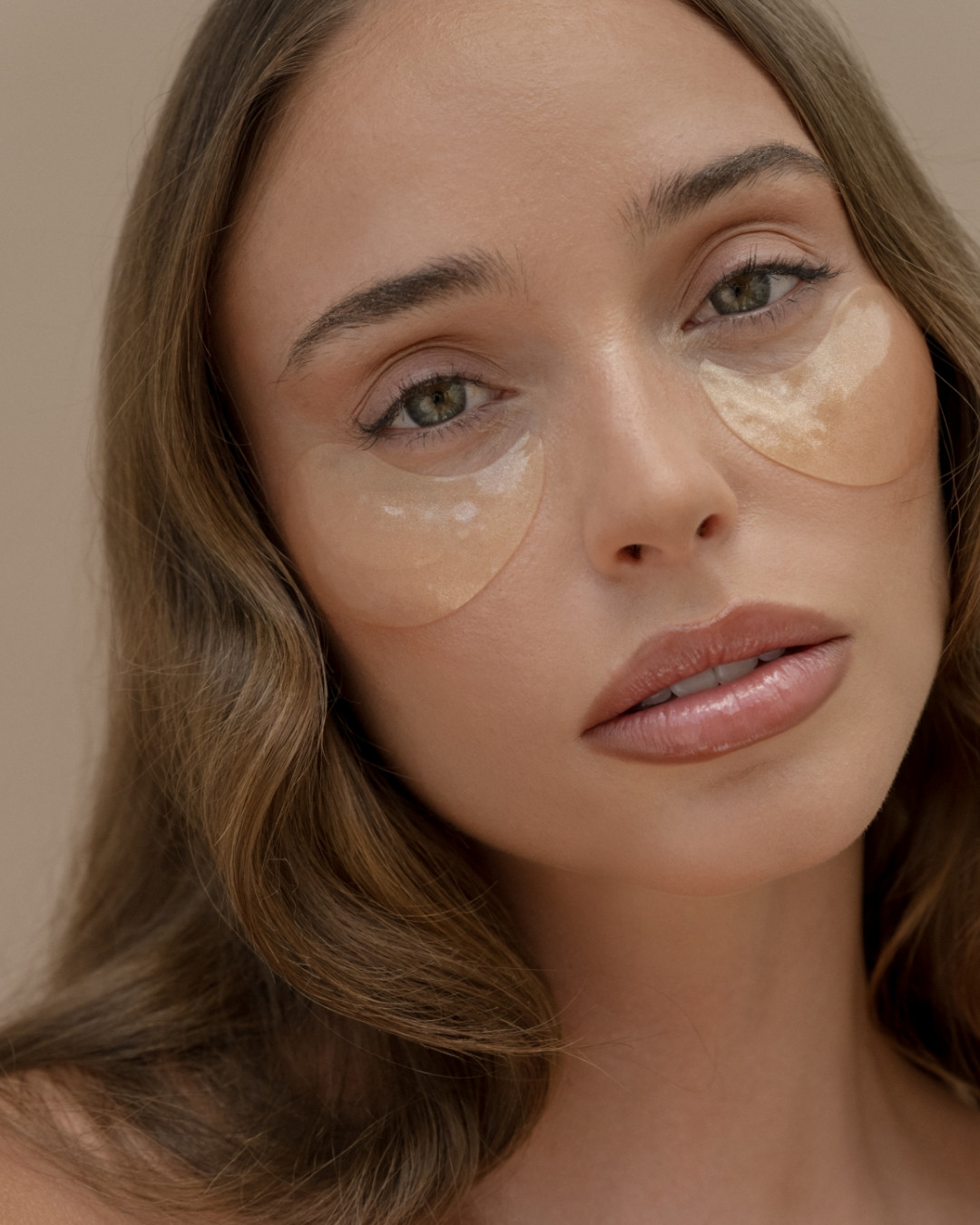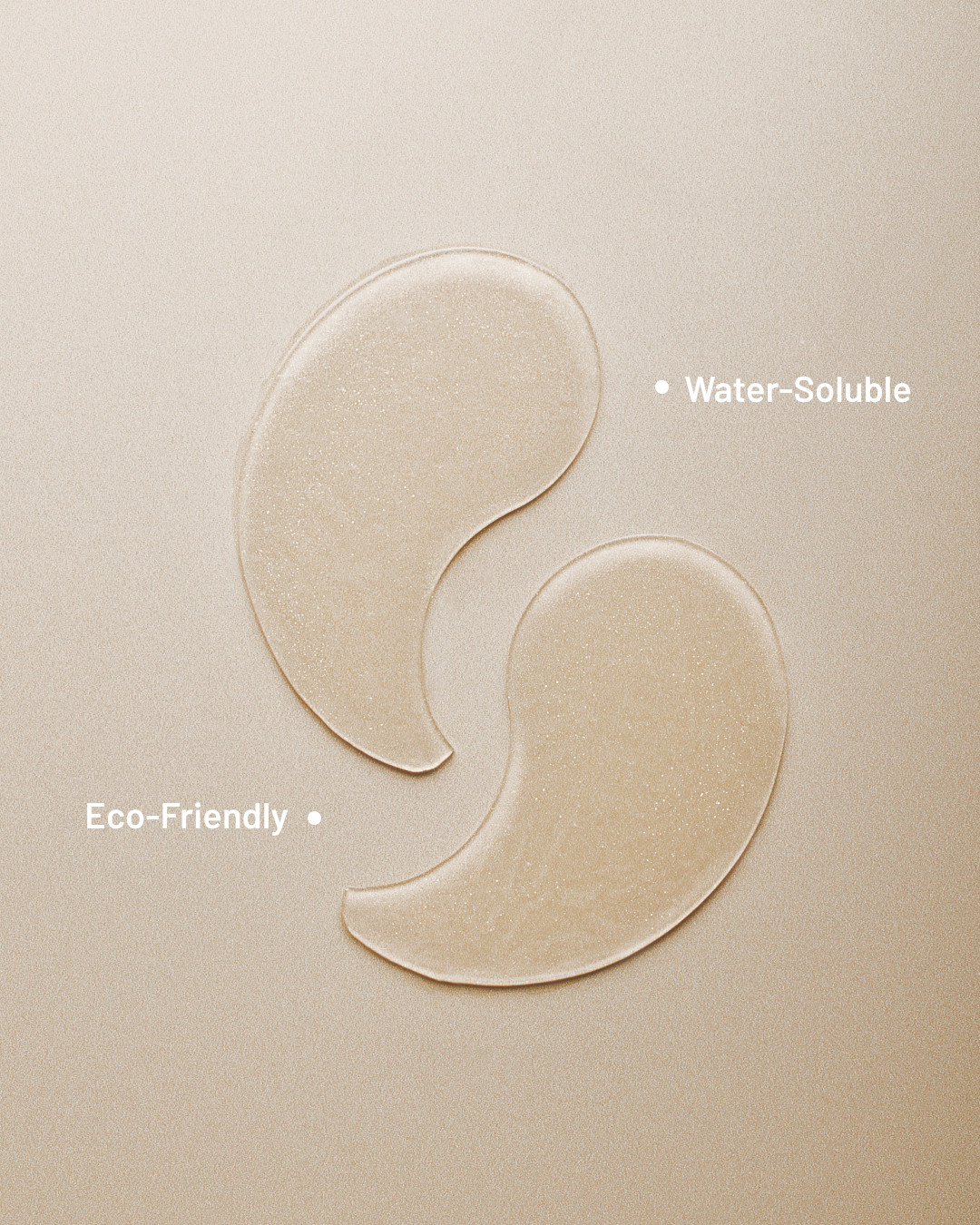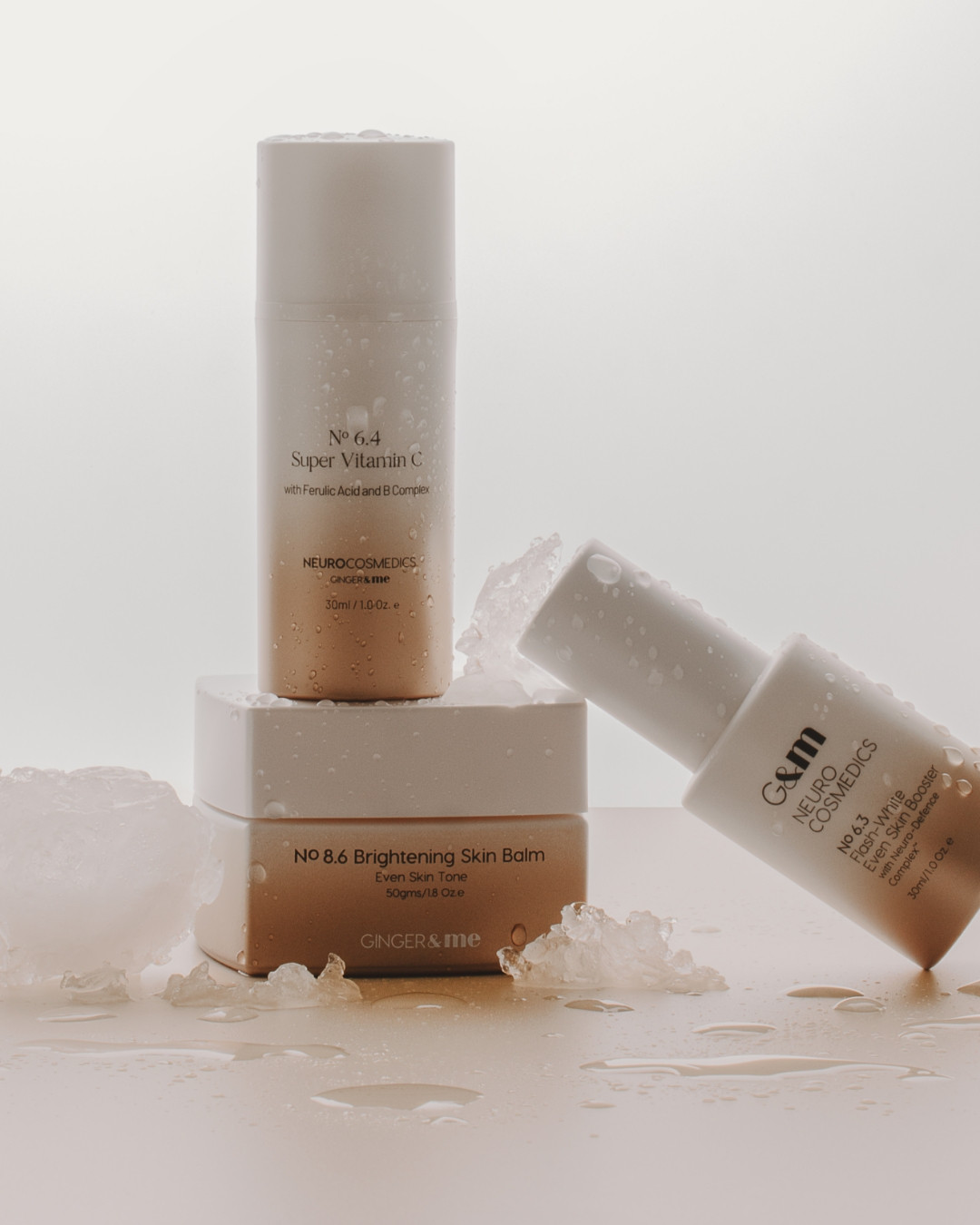FAQ
Dehydrated skin lacks water, while dry skin lacks oil. Dehydration can affect all skin types, whereas dry skin refers specifically to skin that doesn't produce enough oil. Both conditions can lead to similar symptoms like tightness, flakiness, and irritation, but the treatments differ. Both dehydrated skin and dry skin benefits from water-based and oil-based products.
Dehydrated skin occurs when your skin lacks water, leading to a tight, dry, and sometimes flaky texture. This can be caused by environmental factors, such as hot or dry weather, excessive sun exposure, harsh skincare products, or not drinking enough water. Dehydrated skin can affect all skin types, including oily or combination skin.
Signs of dehydrated skin include tightness, dullness, fine lines or wrinkles, redness, or an overall dry and rough texture. Your skin may also feel oily in some areas while being dry in others, which is a common indicator of dehydration.
Start by incorporating dehydrated skin products that hydrate and lock in moisture. Use a gentle, hydrating cleanser followed by a nourishing facial oil or booster serum. Finish with a rich moisturiser or a skin balm to seal in the moisture. Be sure to drink plenty of water throughout the day to hydrate your skin from within, and avoid hot showers, which can further dry out your skin.
Dehydrated skin care products provide intense hydration, helping to restore the skin’s moisture barrier and improve overall skin texture. By using dedicated skincare for dehydrated skin, you can reduce the appearance of fine lines, achieve a plump and glowing complexion, and prevent skin irritation and redness caused by dryness.
The best dehydrated skin products are those that replenish moisture and hydrate deeply. Look for products that contain ingredients like hyaluronic acid, glycerin, aloe vera, ceramides and other humectants. Some effective dehydrated skin care products include hydrating serums, nourishing hydrators, and face masks designed to restore moisture balance and improve skin elasticity.
For guidance on choosing the right dehydrated skin care products for your skin, visit your nearest G&M skin clinic or start a live chat on our website with a G&M Skin Expert.
Yes, dehydrated skin can contribute to the formation of fine lines and wrinkles. When the skin is dehydrated, it lacks moisture and elasticity, making it more prone to aging signs. Proper hydration with the right dehydrated skin care products can help reduce the appearance of wrinkles and prevent premature aging.
For the best results, use skincare for dehydrated skin daily. Apply a hydrating serum or moisturiser in the morning and evening after cleansing with a hydrating face cleanser. Additionally, incorporating a hydrating mask once or twice a week can provide a deeper level of moisture to your skin.
Yes! Our NEUROCOSMEDICS skincare range offers products tailored to various skin types, including dry, oily, and sensitive skin. Whether your skin concern is dehydration, aging skin, hyperpigmentation, acne or barrier-impaired, our range is designed to meet your skin’s unique needs.


